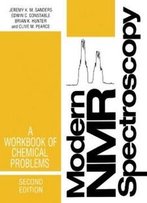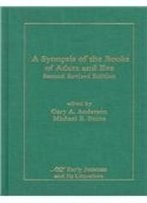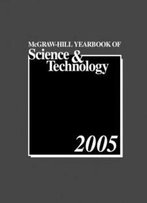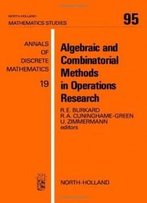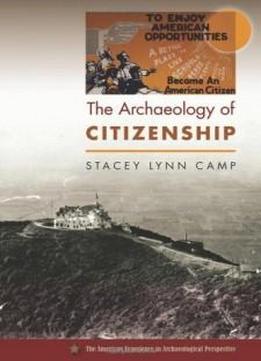
The Archaeology Of Citizenship (american Experience In Archaeological Pespective)
by Stacey Lynn Camp /
2013 / English / PDF
7.5 MB Download
While the subject of citizenship has often been examined from a
sociological, historical, or legal standpoint, historical
archaeologists yet to fully explore what it means to be an American
from a material perspective. The Archaeology of Citizenship aims to
fill that gap. Since the founding of the United States, the rights
to citizenship have been carefully crafted and policed by the
Europeans who settled and formed the country. Immigrants have been
either extended or denied citizenship in various legal and cultural
ways. Using a late-nineteenth-century California resort as a case
study, Stacey Camp discusses how the parameters of citizenship and
national belonging have been defined and redefined since Europeans
arrived on the continent. In a unique and powerful contribution to
the field of historical archaeology, Camp uses of the remnants of
material culture to reveal how those in power sought to mould the
composition of the United States as well as how those on the
margins of American society carved out their own definitions of
citizenship.
While the subject of citizenship has often been examined from a
sociological, historical, or legal standpoint, historical
archaeologists yet to fully explore what it means to be an American
from a material perspective. The Archaeology of Citizenship aims to
fill that gap. Since the founding of the United States, the rights
to citizenship have been carefully crafted and policed by the
Europeans who settled and formed the country. Immigrants have been
either extended or denied citizenship in various legal and cultural
ways. Using a late-nineteenth-century California resort as a case
study, Stacey Camp discusses how the parameters of citizenship and
national belonging have been defined and redefined since Europeans
arrived on the continent. In a unique and powerful contribution to
the field of historical archaeology, Camp uses of the remnants of
material culture to reveal how those in power sought to mould the
composition of the United States as well as how those on the
margins of American society carved out their own definitions of
citizenship.
